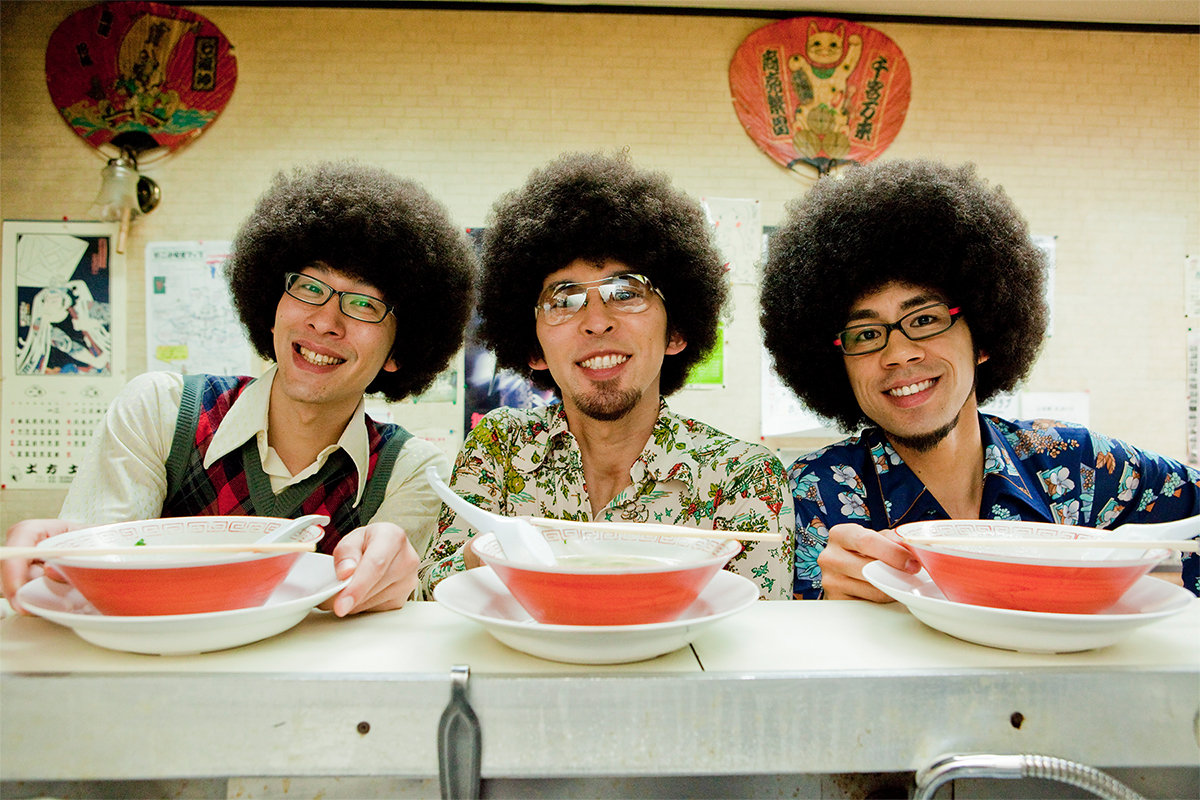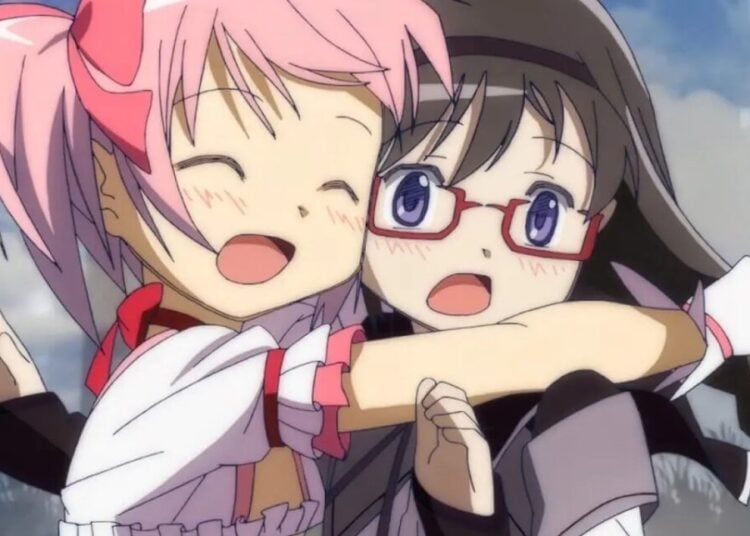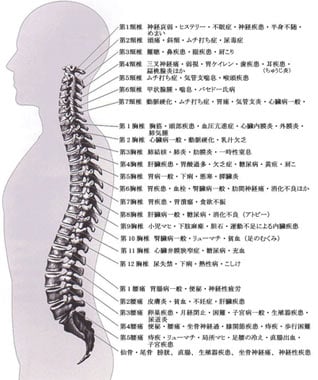During my time here I’ve learned a lot about the Japanese. For example, they can be very “boom”-oriented, happy to jump on the bandwagon when something becomes popular only to change their minds soon after, which happened a few years ago when everyone suddenly decided Korean dramas were the neatest thing since microwavable rice. They have a tendency to be meticulous and obsessive, too, like the student of mine who was desperately in love with a boy she knew but was too shy to confess her feelings…over the course of fifteen years. I’ve also observed that many Japanese want to be thought of as futsu (foo-tsoo), that is, normal, ordinary, or just like everyone else. I had a friend in college who was quite a unique individual in many ways, for example being so passionate about learning English she’d try to memorize an entire dictionary page each day. I once told her my opinion, using the word kawatteru (ka-wat-teh-ru) which carries the nuance of being unusual or slightly eccentric, rather than the word hen (“strange”), which would have been rude. Although I’d meant it as a compliment — after all, I don’t have a “normal” bone in my body– she was taken aback by my statement, saying, “No, I’m a normal girl, the same as everyone else.” In the anime Clannad After Story there’s an episode in which Nagisa tells Tomoya she can’t go on a date with him because she has to take a “mock exam,” a practice test for the coming college entrance examinations. “But you’re not going to university. Why take the test?” “I want to take it with my classmates, so I can be the same as them.”
Happy Moe Day! Why Do Anime Fans Celebrate Cute Anime Girls on October 10th?
Happy Moe Day! Today, October 10th, has been designated by Japanese Internet users as "Moe Day" because of the way...
















